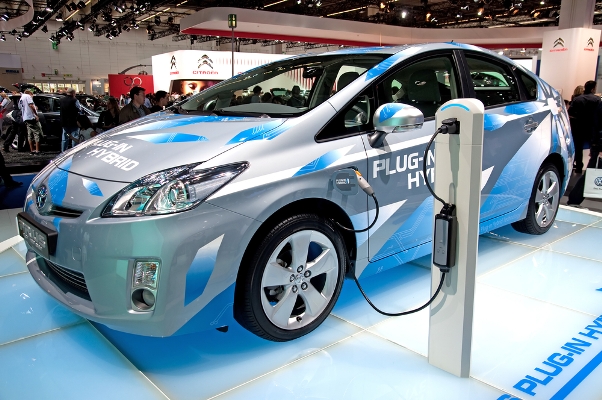The draft of Pakistan’s National Electric Vehicle Policy (NEVP) 2025-30 proposes sweeping tax incentives for electric vehicle (EV) imports, aiming to expedite the transition from fossil fuels to green alternatives, according to a report published by Dawn.
However, local assemblers warn that these liberalized imports could undercut domestic manufacturing, despite significant investments made to align with global trends.
A key provision in the draft allows imported EVs in the NEV category (cars, SUVs, vans) to benefit from a reduced 25% customs duty until mid-2027, rising to 50% thereafter.
Sales tax on these Completely Built-Up (CBU) imports is set at 10%. Assemblers argue that such measures risk flooding the market with imports, potentially stalling the growth of local assembly plants and undermining job creation in the domestic auto sector.
Critics claim the draft policy appears tailored to benefit a leading Chinese EV giant poised to dominate Pakistan’s EV market.
The company plans to commence local assembly by 2026 but could leverage these incentives to saturate the market with CBUs in the interim. Market experts estimate the firm aims to sell 100,000 vehicles annually by 2030, potentially dwarfing local production capabilities.
Proponents of the policy, however, argue that initial imports are necessary to build consumer trust in EVs and accelerate the adoption of green technologies. Policymakers believe that a positive response to imported EVs could attract further investment, encouraging the development of local assembly facilities in the long term.
Pakistan’s previous EV policy (2020-25) focused heavily on incentivizing two- and three-wheelers and heavy commercial vehicles, with modest progress reported. The new draft signals a shift towards passenger EVs, potentially at the expense of domestic manufacturers who have already committed significant resources to infrastructure and assembly lines.
Companies like Regal Automobiles and Sazgar Engineering have ramped up local EV assembly plans, including Regal’s Seres 3 electric SUV and Sazgar’s upcoming CKD electric models.
Industry stakeholders warn that prioritizing imports over local assembly could worsen Pakistan’s trade deficit by increasing reliance on foreign exchange for CBUs. They emphasize that sustainable economic growth depends on fostering local manufacturing, which generates employment and reduces dependence on imports.
Assemblers have called for stricter import controls, such as higher duties on CBUs or outright bans, to protect the nascent local EV industry.
The draft policy also faces questions about its alignment with the government’s broader fiscal priorities under the International Monetary Fund (IMF) program. While the policy seeks to reduce the oil import bill through EV adoption, its foreign exchange implications from CBU imports may counteract those savings.
The NEVP 2025-30 is expected to be finalized by the end of this month. As debates continue, the government must balance immediate market activation through imports with long-term goals of self-reliance, environmental sustainability, and industrial growth.
The outcome could shape Pakistan’s EV landscape for years to come, determining whether it becomes a hub for local manufacturing or remains dependent on imports.




